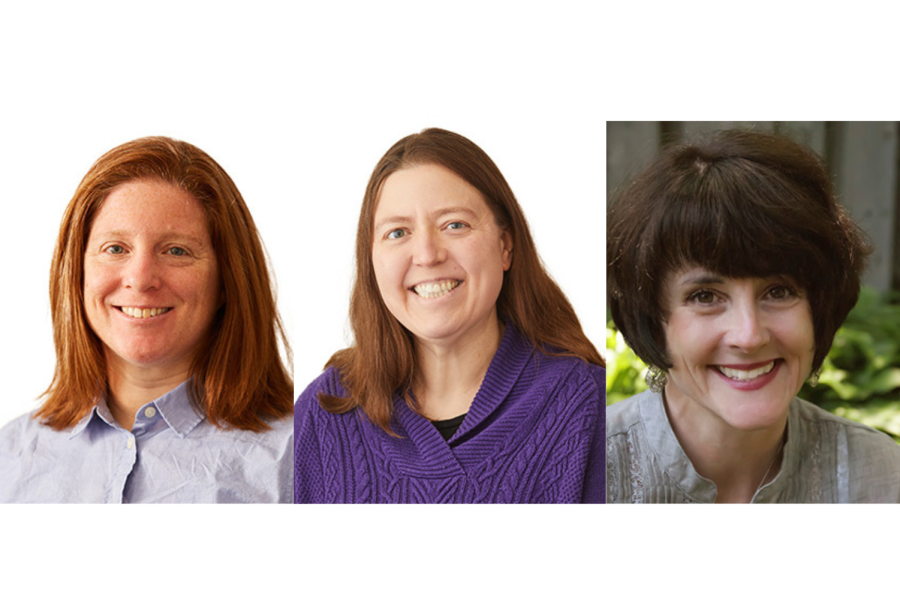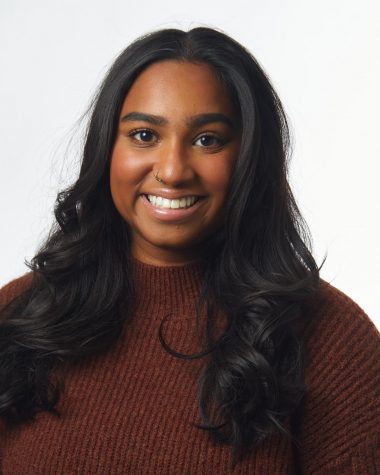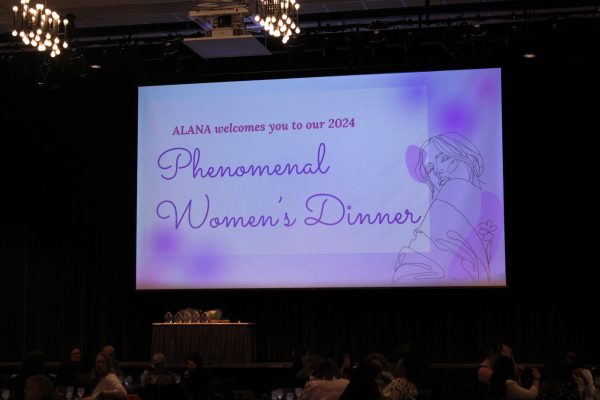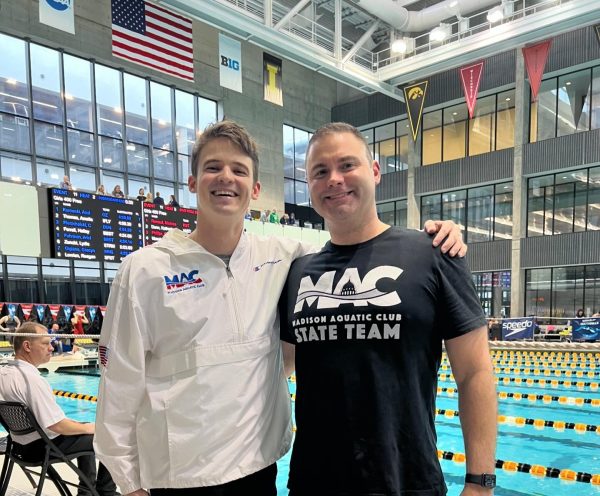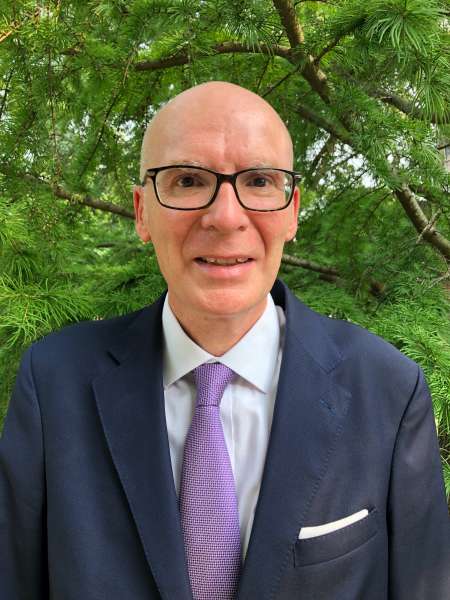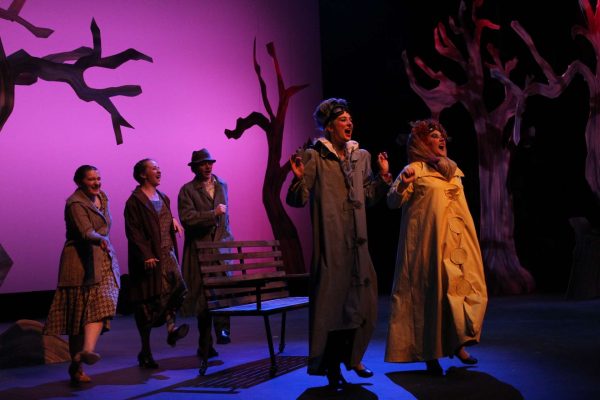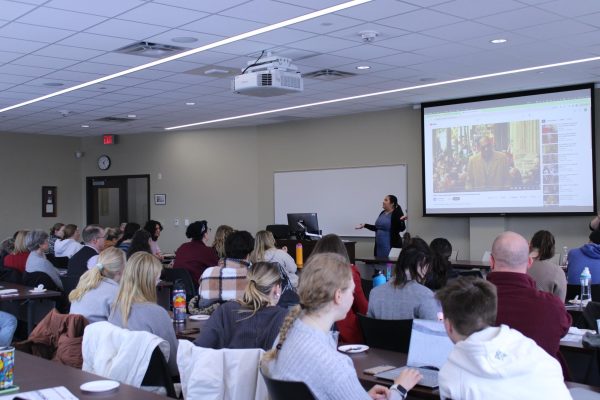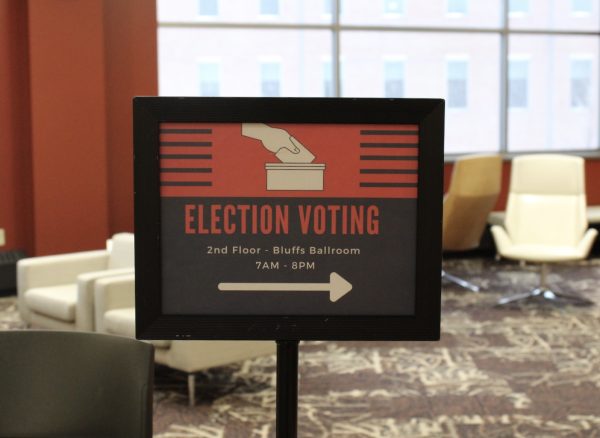UWL women professors speak on teaching in male-dominated spaces
Images retrieved from uwlax.edu. From left to right Professor Eileen Narcotta-Welp, Professor Katherine Lavelle, Professor Mary Leonard.
March 24, 2023
Every year since 1987, the month of March is set aside to celebrate women’s contributions to American history, culture, and society. During the final week of Women’s History Month, The Racquet Press sat down with one nonbinary professor and two female-identifying professors from the University of Wisconsin-La Crosse to discuss what it’s like for them to teach in higher education.
Additionally, these professors spoke about certain gender-related barriers they faced when they began teaching in higher education, as well as work-life balance barriers they may have encountered.
Eileen Narcotta-Welp has been teaching in UWL’s Exercise and Sports Science department for seven years. They specialize in the critical cultural studies of sports, feminist theory, and sports administration.
They teach classes such as ESS 407: Sport Management and Society, ESS 421: Event and Sports Operations/Management, and ESS 320: Field Experience.
“One, being a woman is difficult, you know, always in a male-dominated space, but then also being kind of the outsider in terms of research,” said Narcotta-Welp.
Narcotta-Welp said she has first-hand experience trying to overcome barriers in a STEM-related field, which has traditionally been male-dominated.
“I think when you get into the sciences in general, and specifically the hard sciences, the skew of gender typically in STEM fields tends to be more male,” Narcotta-Welp said. “There are definitely those particular power dynamics at play; and for me, as someone who is a humanities person coming to a space that is very quantitative and positivist…it’s just been a different dynamic in which to negotiate and try to kind of find my position and my space and where I belong.”
Katherine Lavelle has been teaching communication studies at UWL since 2013 and specializes in the area of public communication and advocacy.
Lavelle is the First Year Seminar (FYS) coordinator and currently teaches FYS 110: Change starts with us. She has taught a variety of communication studies courses including, CST 313: Communication Criticism. Lavelle also served as the UWL Public Speaking Center director for five years.
Lavelle is also a mother and began her teaching journey as a graduate student at a different university while she was pregnant.
“I taught until the day before I gave birth,” said Lavelle, “and that was kind of a weird situation because I told students I was like, ‘This is my last day, I’m going on maternity leave and I’m not going to be back on campus until the fall.’ I had students emailing me right after asking, ‘Are you going to be on campus?’ And I was just like, ‘No, I just gave birth!’”
Lavelle shared that wanting to start a family while pursuing a career in higher education is often looked down upon.
“There’s sort of this expectation, especially if you’re going up for tenure, that you have to be going to a lot of conferences and pushing out a lot of publications, and there’s a lot of pressure,” Lavelle said, “I mean I would literally have conversations with people who would say, ‘Why are you having kids before you go up for tenure?’ It was bizarre.”
Tenure is an indefinite academic appointment that can be terminated only under extraordinary circumstances, such as financial exigency or program discontinuation. According to the American Association of Professors, tenure promotes free inquiry and expression which are critical for student learning, along with academic freedom.
Furthermore, tenure provides professors with job security.
“I think there’s sort of this expectation that we people are supposed to wait, which seems ridiculous,” said Lavelle, “There’s sort of this idea that you should wait till you get tenure, which is not necessarily the best route.”
The communication studies professor said, “there is an unspoken assumption that you can’t parent and do research at the same time,” Lavelle explained this can cause women to be disproportionately considered compared to men for jobs in higher education.
Mary Leonard has been teaching in the Department of Theatre and Dance for over two decades.
She teaches courses such as THA 120: Acting for Non-Majors, THA 320: Acting II, and Improvisation. Leonard also directs two shows in the theatre department each academic year.
“I’ve actually been very grateful to have you know with the department I have. Leonard explained she has been grateful to work within her specific department. “It is unique, I think if you compare it to the work world outside of academia. I feel sometimes there’s too much pressure put on people, in terms of the tenure aspect, or if someone’s afraid to spout an opinion until their tenure. I feel that that’s really sad.”
Leonard said she is also fortunate to have, as she put it “equally strong and compassionate men” in her department.
“I’m extraordinarily lucky to work with the men in our department. [They] are very in tune with the women in the department and that could be a rare thing, I don’t know. We have a pretty good group of people that really get along and support each other.”
When it comes to struggles with work-life balance, Leonard says that they are all institutionally based and something that every woman deals with.
“Any pressure I felt was because I put that on myself,” said Leonard, “You try to do it all and you try to multitask, so I put on that feeling of falling short, and I did it for a while until a point in my life where I just gave myself permission to let go.”

